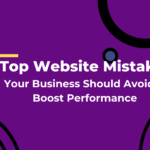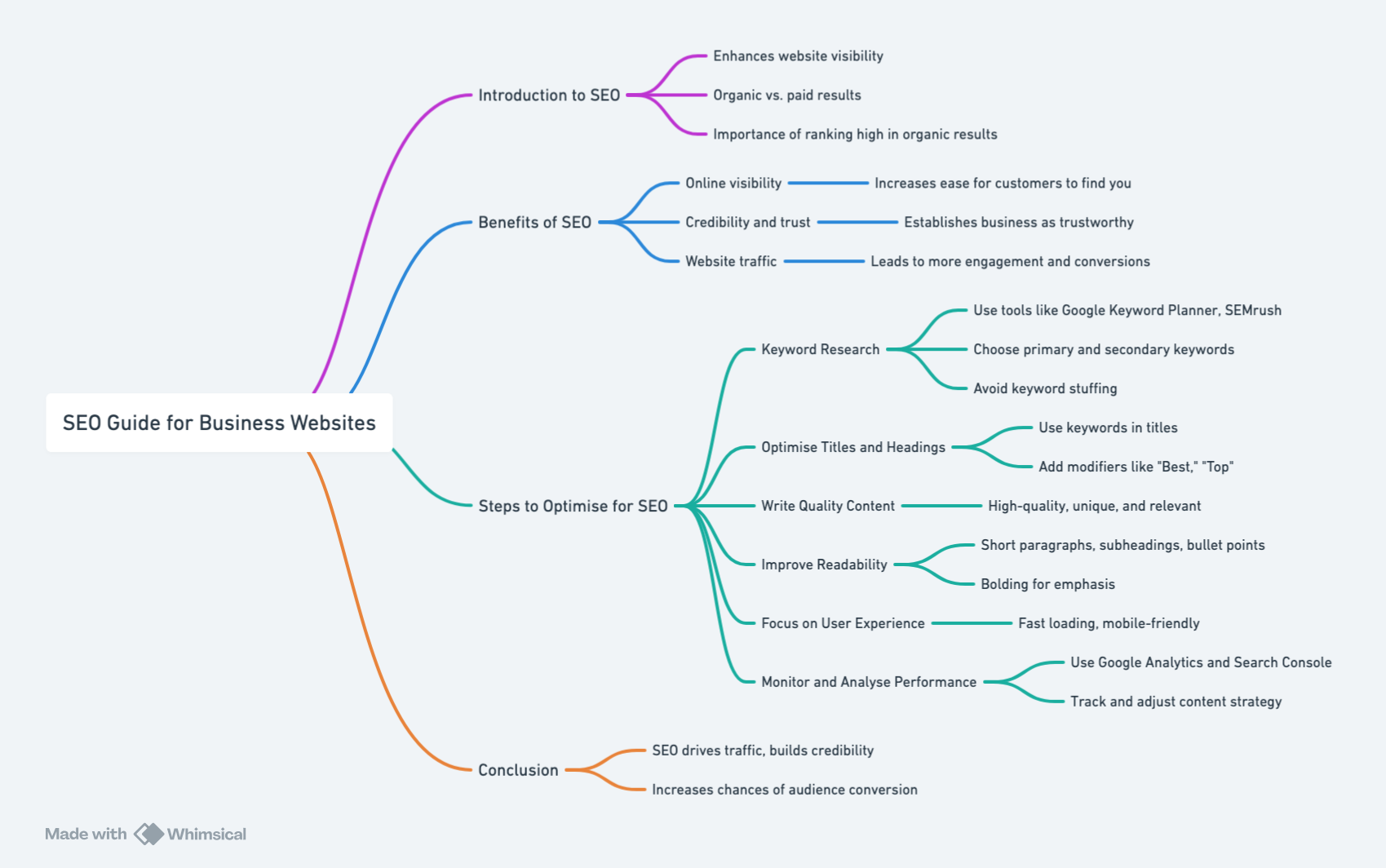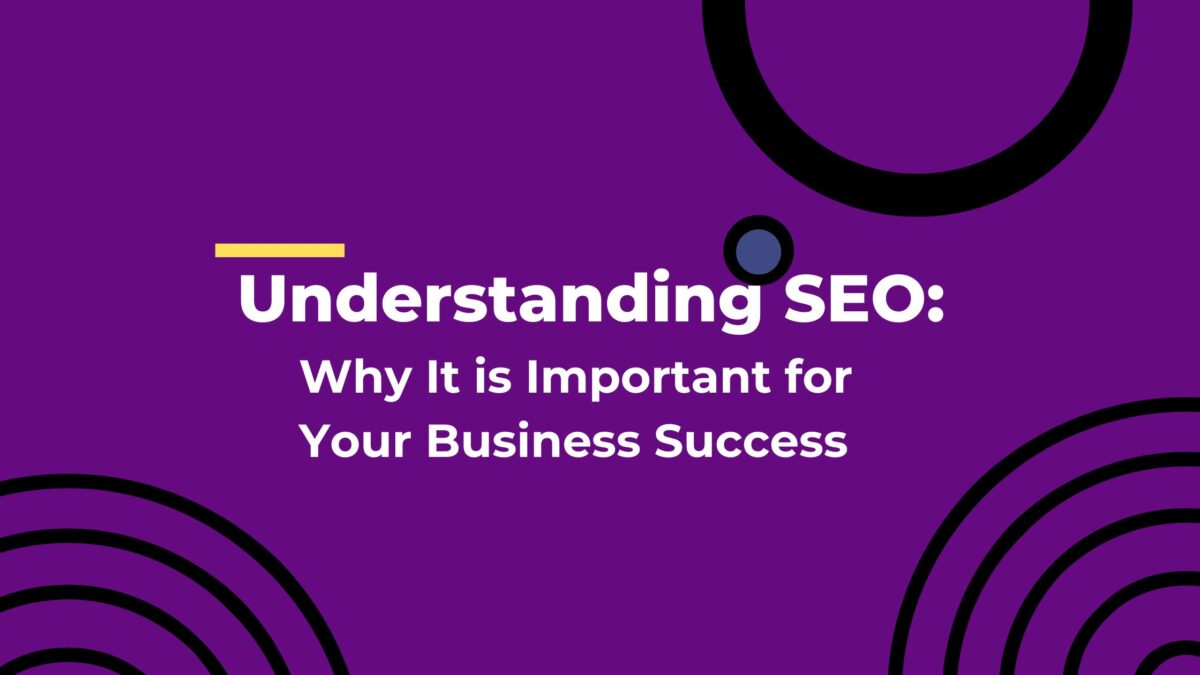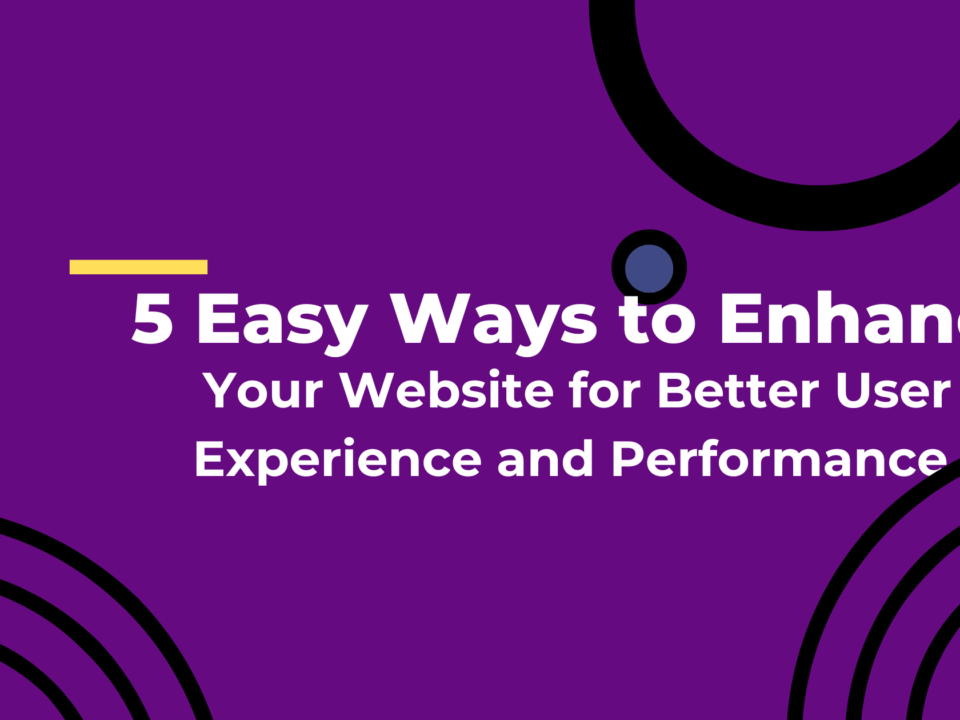
Increase Your Website’s Performance: Key Mistakes Every Business Should Avoid
September 22, 2024Understanding SEO: Why It is Important for Your Business Success
If you own a business and you’re anywhere online, you’ve probably heard about SEO and the many benefits it offers for your website.
Here, we will guide you through everything you need to know about SEO, why it is important for your business, and easy ways to incorporate it.
Search Engine Optimization (SEO)
Search Engine Optimization, commonly known as SEO, refers to the process of enhancing the visibility of a website or a web page in a search engine’s organic or unpaid results.
In layman’s terms, search engine optimisation is the process of making changes to your website in a way that helps search engines detect, understand, and display it in search results, improving visibility for your target audience.
In every search entry you make on any search engine, you get two types of results: paid results and organic results.
Paid results are the search engine results that appear at the top or sides of a search engine result page (SERP) that have been paid for by advertisers. They are typically identified by an “Ad” or “Sponsored” label to distinguish them from organic results.
Organic results are the opposite—they are not paid for by advertisers. They appear below the paid results (if there are any) and are ranked based on the search engine’s algorithm. Typically, they are considered more trustworthy and credible by website users, as they are based on merit and relevance rather than on financial investment.
The point of SEO is to help your content rank naturally as organic results. This may sound daunting considering there are multiple websites on the internet that offer similar services, but if you know how to optimise your content, you’ll be at the forefront.
So, how do you get your website to appear on search engines organically?
Here’s where SEO comes in:
When you enter a search query, search engines send out “crawlers” (or bots) to browse the internet and collect information throughout websites to find the most relevant sites that best answer your query.
The search engine uses its algorithms to provide a list of results, ranked in order of relevance and quality. Optimising your website for this purpose helps it rank as high as possible for the keywords you’re targeting.
SEO essentially makes it easier for search engines to detect and understand your content, displaying it to users when they need information that you offer.
Why is SEO important for my business?
Glad you asked! Here are some reasons you should optimise your content for search engines:
Online Visibility
Your business website is the home or showpiece that presents your products and/or services. And in today’s digital world, having a strong online presence is crucial. You need to be online—and be seen online. Even strong businesses can struggle with poor online presence and visibility. When you optimise your website’s content, it helps increase your website’s visibility on search engines, making it easier for potential customers to find you.
Credibility and Trust
Performing well in organic search results can help establish your business as a trustworthy and credible source of information. First off, you cannot rank on a search engine unless the “crawler” deems you relevant—and if you’re relevant enough for search engines, you’re relevant enough for potential customers.
Website Traffic
The goal of any website is to generate traffic and engagement. Ranking your business website on search engines can lead to more website traffic, which means more opportunities to convert visitors into customers, subscribers, or leads.

How do you optimise your website for search engines?
Now that you are aware of the benefits, what’s the next step?
Optimising your content for search engines is easy. Just follow these steps:
Keyword Research
While curating your website content, use keyword tools like Google Keyword Planner, SEMrush, or Ahrefs to identify and research keywords related to your content niche or topic. Choose a primary keyword and other related secondary keywords, and incorporate them naturally into your website content. This works like magic for ranking your content on search engines. However, avoid overloading your content with keywords, as crawlers can detect when content is just packed with keywords but lacks relevance. Use keywords sparingly but intentionally.
Optimise Titles and Headings
Search engine crawlers judge you by your “cover”—in this case, your title. When crafting your titles and headings, incorporate your primary keyword to boost detection. Use modifiers like “Best,” “Top,” or even the current year to make your titles more appealing and up-to-date.
Write Quality Content
Before a search engine can deem you relevant, it has to see your content as quality. To rank on search engines, create high-quality, unique, and valuable content that addresses the needs and interests of your target audience.
Improve Readability
Internet users often get bored easily. To make your content easy to read for both bots and humans, format your content to improve readability. Use short paragraphs, subheadings, bullet points, and bold text to make your content easy to understand. This way, when the search engine bot is crawling, it can tag your content as relevant and digestible, displaying your website on the search engine results page (SERP).
Focus on User Experience
The point of everything is to cater to users’ needs and desires. If you have a product or service to sell, you must appeal to your target audience because they will eventually become your customers. Make sure your website loads quickly, is mobile-friendly, and provides an excellent overall user experience.
Monitor and Analyse Performance
Thankfully, you don’t have to remain in the dark about how your website is performing. If you have a website and it’s not driving enough traffic or isn’t SEO-optimised, use tools like Google Analytics and Google Search Console to see what’s working and where you need improvement. Analytics help you track your content’s performance and adjust your strategy accordingly.
Conclusion
In conclusion, optimising your content for search engines is one of the best decisions you can make for your website this year. Not only does it drive traffic and engagement, but it also increases your chances of speaking directly to your target audience and converting them into clients.
By implementing these strategies, you’ll be well on your way to creating a website that attracts visitors and keeps them engaged and coming back for more.
Happy optimising!



